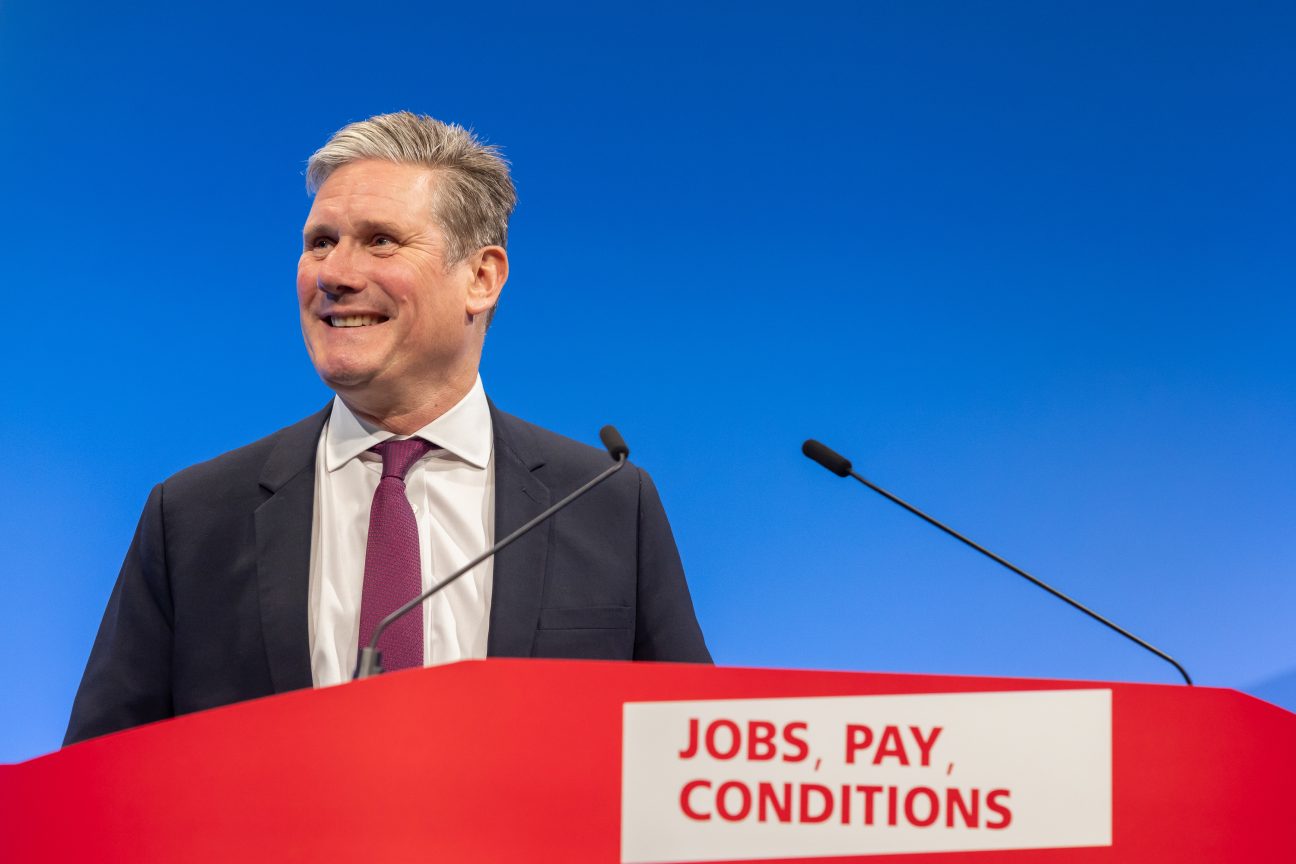
Fine food retailers have warned the Government it risks a wave of business closures and job losses if it persists with its flagship employment reforms.
Key figures said many small shops would struggle to adapt to the higher costs inherent in Labour’s much-heralded Make Work Pay proposals.
The Government, led by Keir Starmer, has been touting the reforms (see box) since it came to power, and held meetings with business leaders in August and September.
Tom Homfray, managing partner at Forage Farm Shop & Kitchen in the Vale of Glamorgan, said the proposed rules would “make life very difficult” for small food retailers.
“Margins are razor fine, and most places feel they are already at the limit in terms of passing rising costs on to the consumer,” he added.
“What incentive will there be for people to risk it all and invest in starting a small business if all power transfers to the employees? Without wealth creators, particularly those who operate in rural areas, there will be an unemployment bloodbath.”
Sangita Tryner, managing director at Nottingham’s Delilah Fine Foods, said many business owners were already looking to exit the sector in the wake of constant cost hikes.
“The more people I talk to, the more want to get out of this industry,” she said. “We are not in it to make tonnes of money but to do something we really enjoy and keep people in employment. Certain things on the [Make Work Pay] agenda make it hard to keep going.”
Tryner said the Government reforms could change the face of independent retailing, forcing small shops to cut jobs and replace customer service with automated tills.
“If employment costs keep rising we will see more fine food retailers closing,” she added.
Rob Copley, owner at Farmer Copleys, said the lower wage for under 21s allowed the Yorkshire attraction and farm shop to invest in training industry newcomers.
“You get them in to learn rather than earn at that age,” he said. “We tell them to sweep a floor and they don’t know how to. Occasionally you get someone who is really good and you want to pay them more.”
But he added: “I like the minimum wage. As long as we all pay the same, I am happy. I want work to pay but the only way you can be competitive is paying the minimum level.”
This article first appeared in the October-November edition of Fine Food Digest.



